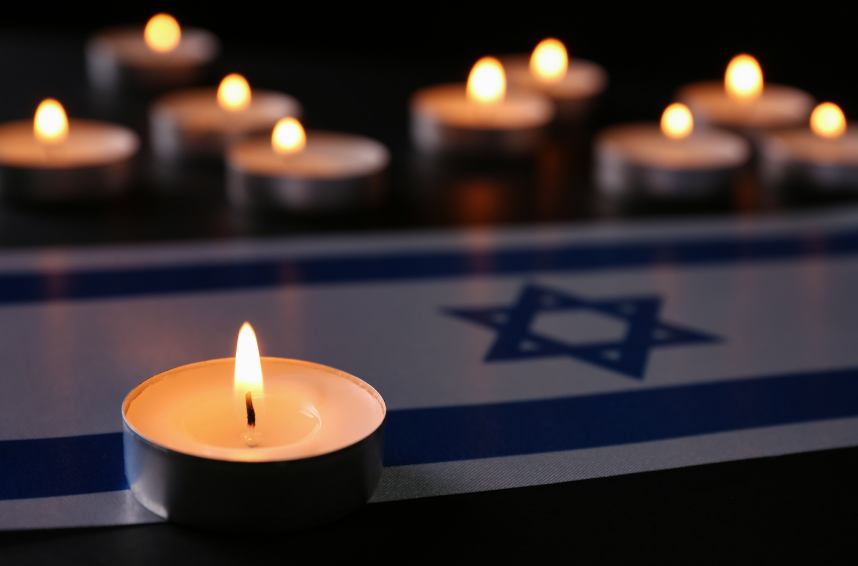On October 20, Professor Liu Ping gave a live lecture entitled “Land of Israel and Palestinian-Israeli Conflicts from the Perspective of Classical Scriptures” through the platform of the Oak Book House, a Christian publication ministry.
In response to the conflict between Hamas and Israel on October 7, he put forward his own opinions based on his decades of research.
Professor Liu Ping graduated from Fudan University with a Ph.D. and is now a professor and doctoral supervisor at the School of Philosophy of Fudan University. He specializes in three main research fields: Jewish philosophy, Chinese Bible studies, and Christian philosophy. He is the author of Chinese Biblical Studies under Construction: the Origin of Chinese Theolog; and Christianity and the Crisis of Modernity in China.
Liu said that most Chinese people learn about Palestine through the news media, but the news reports are in fragments, and the mass does not know much about the background history, religion, and theology that are beneath the events. He stated his belief that “the absence of relevant historical knowledge will result in a fragmented understanding of reality”. There are numerous books on the Palestinian-Israeli conflict, but some of them provide information that conflicts with each other. Therefore, he sorted out the conflict between Palestine and Israel and the strife between Hamas and Israel through a series of classic books (the Hebrew Bible, Maccabees, the New Testament, The Battle of the Jews, the Balfour Declaration, and United Nations Resolution 181). Moreover, he clarified the changes among distinct ethnic groups in the land of Israel. What ran through his lecture was the idea of “land theology”.
Finally, Professor Liu Ping made three responses to the conflict between Hamas and Israel: there are still 20% Arabs in the State of Israel, and Hamas wants to destroy Israel on behalf of Arabs, but it should also be considered the State of Israel and Arabs on the west side of Jordan. Israel can completely destroy Hamas militarily, but the idea behind Hamas cannot disappear, so destroying the other side is not the way. On the same land, the two sides should find a way to coexist with each other.
Secondly, Liu said that the way of life on the land is an important basis for judging who the land belongs to. History has proved that land does not always belong to Israelis. Although Israel is very powerful now, it will be driven away, like being driven out of history, if it fails to abide by the laws of modern civilization. Israel is a country that has activated the factors of Hebrew civilization, respects the protection of citizens’ rights, and fosters creativity. From this perspective, Israel will win this war, but this does not mean that Israel can avoid land issues. If it does not conform to civilizational values, it will still be driven out. This standard applies equally to Hamas and Palestine.
Thirdly, there are two master narratives about Israel: the narrative of Nakba from the Palestinian side and the one of Israel from the perspective of the Holocaust to rebirth. In these two narratives, the saints on one side become terrorists on the other, and the sorrow on one side becomes the source of happiness on the other. He stated that the key point of the life-and-death narrative of the Palestinian-Israeli conflict lies in whether the two ethnic groups show the values of modern civilization on the same land, that is, whether the people in this place have gained and lived dignity as individuals. This is the yardstick to measure the fairness of both sides.
- Translated by Charlie Li













